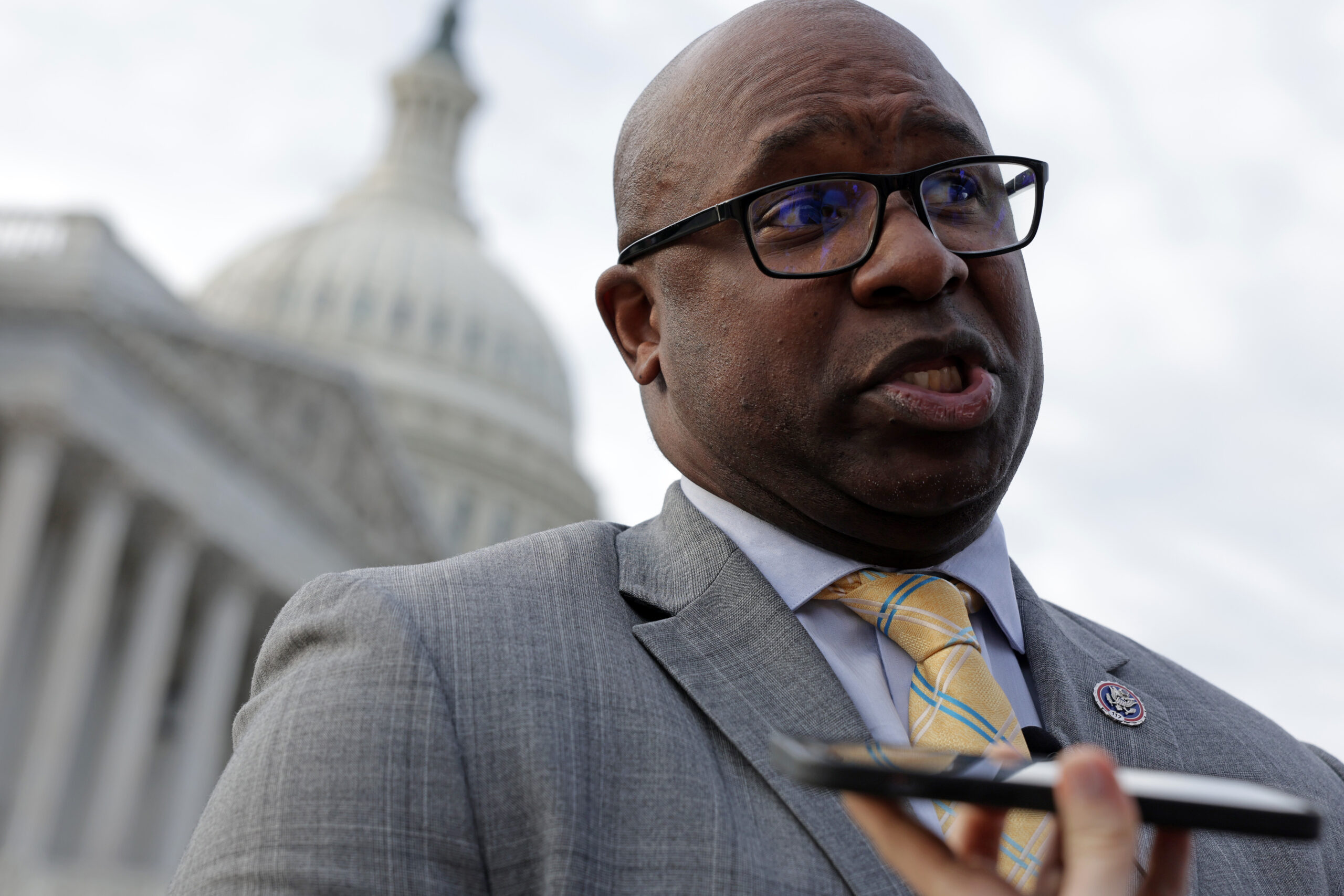
The militaries of Russia and China may not yet be at America’s level individually, but the two nations are signaling that they have each other’s back when it comes to military technology.
During a panel discussion at VTB Bank’s “Russia Calling!” forum on Thursday, Russian President Vladimir Putin said that as part of his country’s relationship with China, Moscow is giving Beijing its full cooperation in the tech sector — and that applies to sharing military secrets.
As Russia Today (RT) reported, the comment came in response to a question about the United States’ sanctions policy. The Chinese businessman who brought up the issue said that America’s ban on the export of some technologies to certain nations is forcing those nations to “reinvent the bicycle.”
Putin contended that prohibitions of that nature have never been viable throughout history. “No matter how much people tried to guard the secret of black powder, it became the province of all mankind, for good or for worse,” he said.
The Russian president also gave the example of the Cold War and the way in which the USSR managed to achieve global power despite the strict restrictions America and its allies placed on trade with the Soviet bloc by means of the Coordinating Committee for Multilateral Export Controls (CoCom).
One of the ways in which the U.S. has taken a similar stance against the Russia-China alliance in recent years is with its ban on the export to China of advanced semiconductors produced using American technology — a move Beijing has criticized as an effort to contain its growth.
RT quoted Putin further:
Washington’s current policies are meant to preserve its dominant status, the Russian president claimed, but “if we act across the board, supporting and helping each other, no restrictions by whoever tries to keep its advantage can stop us.”
As for China specifically, Russia is ready to cooperate in every area, Putin assured.
“We have no limits. This includes the military sphere,” he said. “When it comes to security, we are moving away from the traditional ‘buy-sell’ kind of relationship. We think about the future, about technologies.”
Recently, the United Kingdom announced 46 new sanctions targeting businesses in China, Belarus, Serbia, Turkey, the UAE, and Uzbekistan — firms the British government claims “continue to support Russia’s illegal invasion of Ukraine.”
Per Sky News, the list of 31 individuals and entities includes Asia Pacific Links Limited; Sinno Electronics Co., Limited; and Xinghua Co., Limited over allegations of supplying sanctioned goods, such as components linked to the manufacture of drones.
Four of the UAE-based entities targeted were selected on the basis of trading in Russian oil, while some entities were accused of having ties to the Russian mercenary group Wagner.
In a statement, the Chinese embassy fired back that it has remained fair and objective amid the war in Ukraine; it called on the U.K. to “correct its mistakes and withdraw the sanctions on Chinese firms,” vowing that policies harming China’s interests “will be met with a firm response.”
Despite the efforts of Washington and its allies to hit Beijing and Moscow in the pocketbook, the two nations have become increasingly resistant to Western economic intimidation due to the close relationship they share with each other.
As Reuters reports, China-Russia trade hit $218.2 billion during the period that began in January and ended in November. In so doing, the two countries met a mutually established trade goal (set in 2019) a year ahead of schedule.
Reuters notes:
Chinese shipments to Russia rose 34% to $10.3 billion in November from a year earlier, doubling the growth rate of 17% in October, Reuters calculations based on customs data showed.
As Russia became a major buyer of Chinese cars, China hopes Russia will give policy support for Chinese automobile enterprises to produce, sell and operate in Russia, China’s ambassador to Russia said last month.
Imports from Russia rose 6% to $11.2 billion last month after growing 9% in October.
Of course, it can be argued that Russia and China are already getting all the secrets they need thanks to the Biden administration.
Last month, the White House received backlash when Energy Secretary Jennifer Granholm offered Russia and China the chance to inspect an American nuclear testing site. Congressional Republicans rebuked Granholm in a letter for her offer of “unlimited access” to the Department of Energy’s (DOE) Nevada National Security Site by Beijing and Moscow. It became public in September that the DOE made the invitation to Russian and Chinese officials as a gesture to prove the U.S. is upholding a three-decade moratorium on the testing of nuclear weapons.
Moreover, Biden’s presidency has been marked by a long line of decisions that have placed America in a weaker position relative to China. On his first day in office, Biden revoked an executive order from President Trump that was aimed at keeping foreign countries and firms away from America’s bulk power systems, especially entities tied to the Chinese Communist Party (CCP).
And even as China is growing its navy, Biden has made budget cuts here resulting in the premature retirement of nearly a dozen U.S. ships, while also removing missile systems that currently deter Chinese aggression at sea.




















































